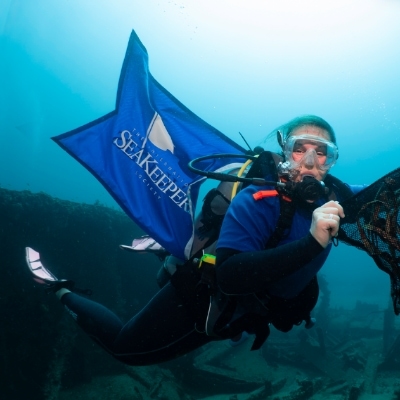Establishing a Blue Carbon Baseline for the Bahamas
Project Overview:
This project aims to establish an accurate and scalable baseline for seagrass carbon storage—a vital part of global “blue carbon” strategies—using advanced mapping techniques and in-situ data collected by divers and drones. Led by a top marine science NGO, the project will take place during the peak seagrass growing season in July and August, when biomass is highest. Utilizing three research vessels, the team will collect and analyze sediment core samples to quantify how much carbon is stored in seagrass meadows across the Bahamian archipelago.
Program Partners
- Leading marine science NGO
Location
- Bahamas
Expected Time Frame
- July 1st to August 30th, 2025
Duration of Expedition
- 45 Days (Three 15-Day Research Legs)
Accommodation Needed
- 5 Researchers
Special Equipment Needed
- Licensed Captain; swim platform (hydraulic or stationary) or easy access to water; access to tender or smaller vessel; compressor (for scuba diving)
Expedition parameters listed above are flexible and negotiable.
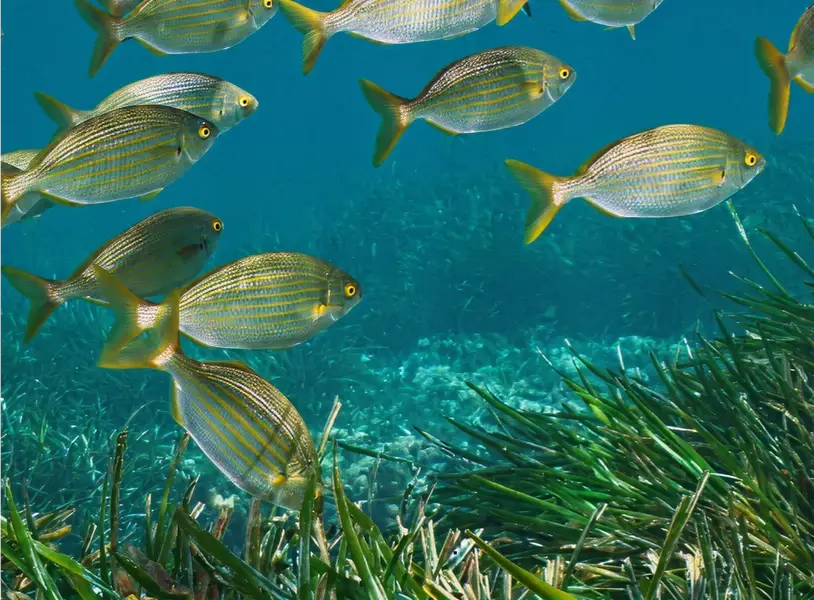
Background:
Seagrass meadows are highly productive coastal ecosystems that play a crucial role in carbon sequestration, also known as “blue carbon.” They capture and store large amounts of carbon dioxide from the atmosphere and water, mitigating climate change. Understanding the carbon storage capacity of seagrass meadows is crucial for developing effective blue carbon strategies, which aim to enhance carbon sequestration and avoid greenhouse gas emissions through coastal ecosystem management.
Mission:
The mission is to collect and analyze ten sediment core samples in each of thirty identified seagrass meadows across the Bahamas, providing data essential for a national blue carbon baseline.
Applications:
This project will directly inform the Bahamas government’s Nationally Determined Contributions (NDCs) under the Paris Agreement by providing accurate, site-specific data on carbon stored in seagrass ecosystems. The research will support blue carbon accounting and climate resilience planning, helping integrate natural carbon sinks into national climate strategies. It will also contribute to global blue carbon science, offering scalable methods for carbon quantification that can be replicated in other island nations and coastal regions. Long-term, these data can guide marine spatial planning, habitat restoration, and carbon offset initiatives.
Program Partners:
Get Involved
If you’re interested in learning more about this specific program opportunity, please reach out to our team below to find out more about this program or get involved in other opportunities with SeaKeepers.
Explore More Opportunities
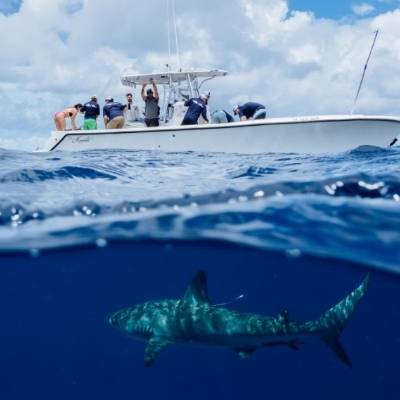
At-Sea Opportunities
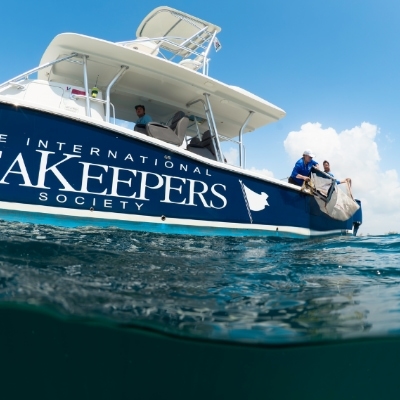
Citizen Science Opportunities
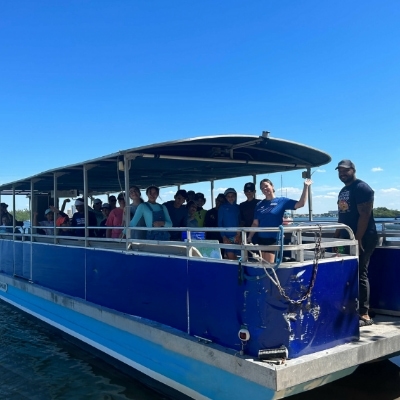
Education Opportunities
